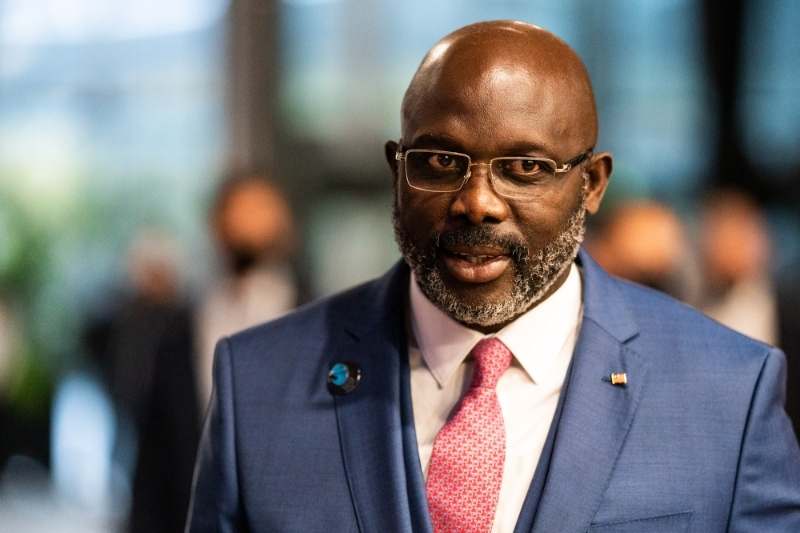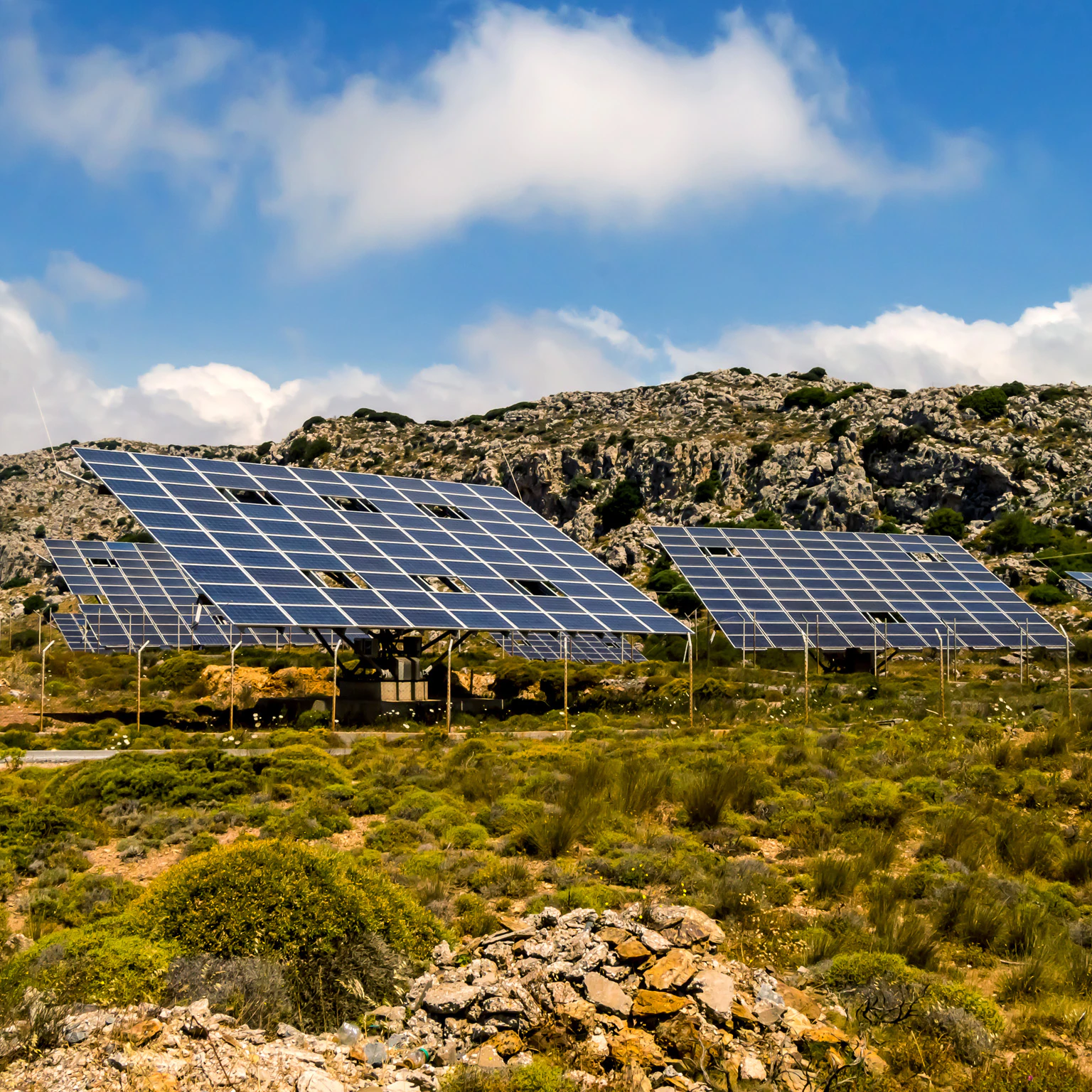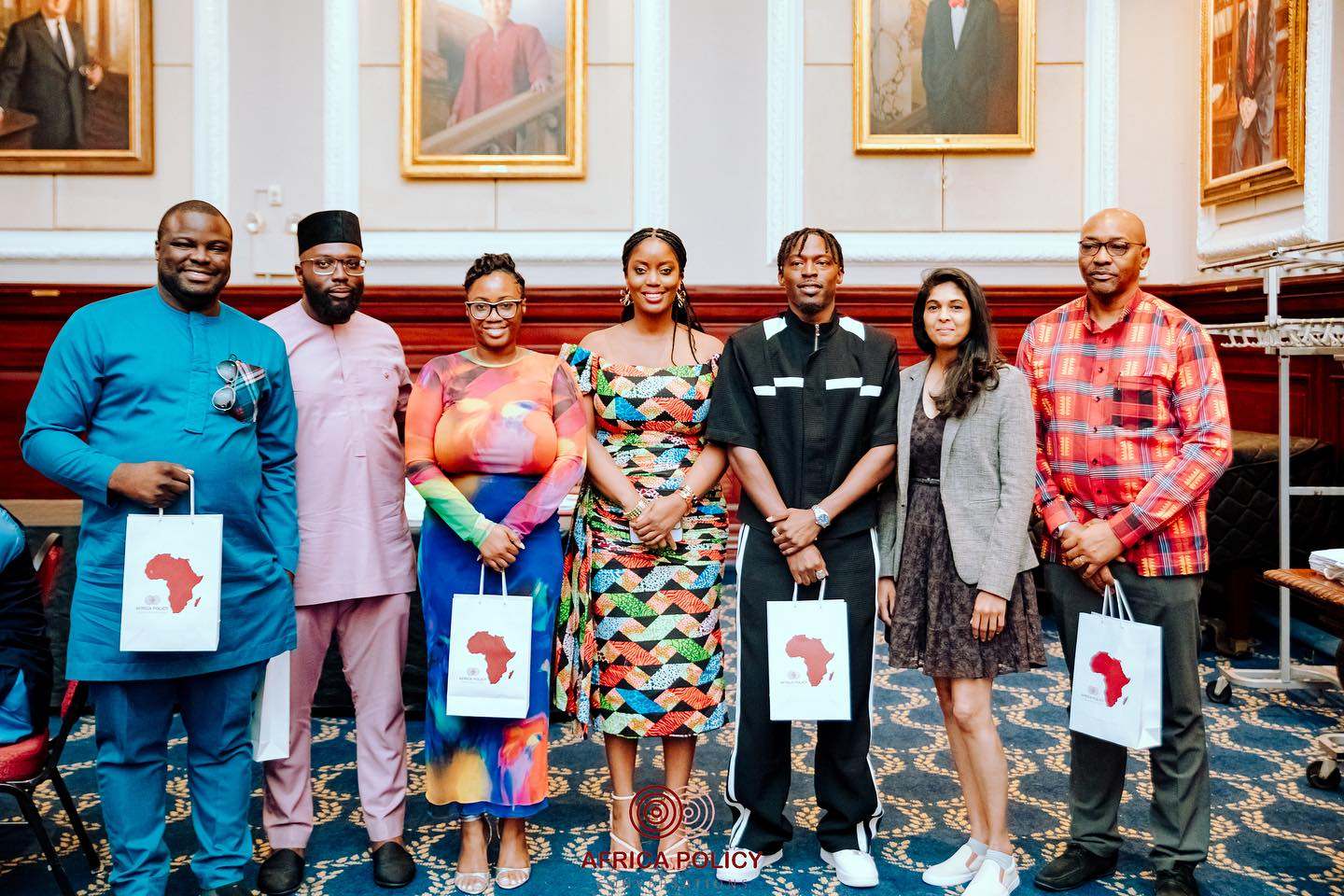Written By: Gabriella Onah
Africa, is a continent rich in resources and great potential for economic development. Traditional models of development have often fallen short of unleashing the continent’s full potential. Challenges such as poverty, inequality and lack of access to finance have kept us impoverished. However, in recent times, there has been a growing recognition of the need to rethink the role of finance, philanthropy and diaspora investment in driving sustainable economic growth.
Rethinking Finance
Historically, Africa has faced challenges in accessing adequate financial resources for development. Finance has always been seen as a way to channel capital from developed countries to developing countries, but this approach has often been ineffective, as the specific needs and constraints of African countries have not been taken into consideration. To address this, innovative financial mechanisms are emerging. One approach gaining popularity is impact investing, where making money is connected to achieving social and environmental goals. Moreover, African governments and institutions are increasingly working to create financial systems that are accessible to everyone, including those who were previously excluded. They’re doing this through methods like microfinance and mobile banking solutions. These strategies aim to provide financial services to people with lower incomes and small businesses while also investing in projects that bring positive changes to society and the environment.
Rethinking Philanthropy
From the words ‘philos’ meaning ‘love’ and ‘anthropos’ meaning ‘man/humanity’, the word ‘philanthropy’ was coined from the Greek language. It literally translates to love of humanity, kindness and generosity in all its forms; time, talent, money and resources. Traditional African societies have always embodied a love for humanity and a habit of giving based on the principle of communalism, which means that everyone in the community is responsible for the well-being of others. This led to a strong sense of social responsibility, and people were often generous with their time, money, and resources. Today, a lot of this meaning has been lost and rather connotes an ability to donate large sums of money without truly understanding the cause.
African philanthropy is not just about giving money or time. It is also about sharing knowledge and skills. Working to promote education and economic development, fostering ways to improve health care and social welfare. It involves making a real difference first, in the lives of people in closest proximity, and then others. Like any powerful force, African Philanthropy faces some challenges that hinder its growth, such as funding, lack of infrastructure and lack of coordination, all of which must be tackled to truly develop as a continent.
The phrase ‘it takes a village to raise a child’ originates from an African proverb and it encapsulates the African Culture. It expresses the collective responsibility and communal approach to child-rearing, where nurturing, protection, and education are not only the sole responsibility of the parents but the entire community working collectively. This communal approach is deeply ingrained in the cultural fabric of many African societies, emphasizing the importance of unity, shared responsibility, and the intergenerational transmission of values and knowledge. African philanthropy is a powerful tool for growth and development, and it will take much more than a village to build the continent of our dreams, but it is not impossible. We must learn to take advantage of our own resources and give back to a society that needs us to prosper. Always remember to put the collective needs before our individual wants.
Diaspora Investment
Diaspora finance is an umbrella term which includes diaspora investment on one hand and remittances on the other. Both complement each other and can have beneficial development impacts. As a result, they are distinguished not by whether or not they are ‘productive’ but by the financial mechanisms which underpin them. Remittances are interpersonal cross-border financial transfers between migrants and their families and civil society organizations in countries of origin, while diaspora investments involve financial asset transactions which transfer financial resources from diasporas to private and public sector organizations and agencies.
Simply put, diaspora investment is a process through which diasporas (migrants and their descendants) invest in organizations in their country of origin. Considerable research and data exist regarding remittances from migrants, with their annual sum now surpassing both official development assistance (ODA) and foreign direct investment (FDI) in combined value. Nonetheless, the understanding and information on diaspora investment remain limited along with strategies on how these remittances and investments can be channelled to support development.
Without clear access and clear routes, potential investors remain that, potential. The African diaspora is a large and growing community with significant financial resources. However, diaspora investment in Africa has been relatively low. To foster the growth of potential diaspora investments, proactive measures are essential. This includes creating streamlined investment platforms that provide transparent information and facilitate connections between diaspora members and viable projects in Africa. Collaborative efforts between governments, financial institutions, and the private sector to establish investment-friendly policies, incentives, and regulatory frameworks that inspire confidence and reduce barriers for diaspora investors. Additionally, targeted awareness campaigns, educational programs, and networking events can empower the diaspora with insights about opportunities, mitigating risks and encouraging a sense of ownership in contributing to the continent’s economic development.
As we re-imagine the role of finance, philanthropy, and diaspora investment, a few exemplary initiatives stand out. The “African Continental Free Trade Area” (AfCFTA) fosters intra-African trade, spurring economic diversification and job creation. The “Agenda 2063” framework, developed by the African Union, envisions a continent characterized by inclusive growth, technological advancement, and sustainable development. Moreover, innovative startups across Africa are harnessing technology to tackle local challenges, attracting both local and global investors.
In conclusion, African economic empowerment requires a multi-faceted approach that harnesses the power of finance, philanthropy, and diaspora engagement. By adopting innovative models that prioritize impact and inclusivity, Africa can pave the way for sustained growth that benefits all its people. As we embark on this transformative journey, it is crucial to recognize that the rethinking of these fundamental pillars is not only a strategic imperative but a moral obligation to create a brighter, more prosperous future for generations to come.
REFERENCES
- Five Facts to Know About Black Philanthropy – Hawwa Muhammad
- Diaspora finance for development: from remittances to investment – Simon McMahon
- World Bank. (2018). “Diaspora Bonds: Tapping the Diaspora during Difficult Times.”
- Moyo, Dambisa. (2009). “Dead Aid: Why Aid Is Not Working and How There Is a Better Way for Africa.”
- African Union. (2015). “Agenda 2063: The Africa We Want.”
- African Development Bank Group. (2020). “African Economic Outlook 2020.”
- United Nations Capital Development Fund. (n.d.). “Mobile Money for the Poor – The Story of M-Pesa.”
- African Continental Free Trade Area. (n.d.). Official Website. https://www.afcfta.au.int/







